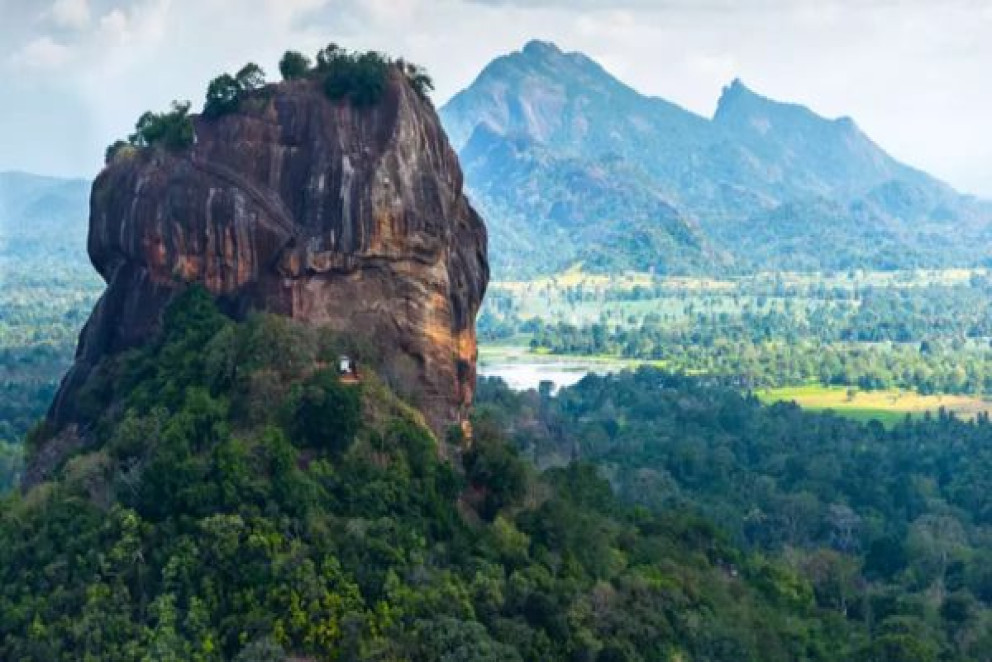Blog Details

Sri Lanka extends visa-free entry for Indian visitors and others to boost tourism
In a bid to bolster tourist arrivals and facilitate travel between nations, the Sri Lankan government has announced an extension of visa-free entry for visitors from India and select countries until May 31, 2024. This decision, approved by the country’s Cabinet, allows nationals from India, China, Russia, Japan, Malaysia, Thailand, and Indonesia to enter Sri Lanka without a visa for a 30-day visit.
The initiative, initially introduced as a pilot project in October, is part of a strategic effort to revitalise the tourism industry in Sri Lanka. Visitors from the specified countries are required to apply for a visa through the official website before their arrival. The free visa has a validity period of 30 days, promoting seamless travel and exploration within the picturesque island nation.
Despite recent controversies surrounding high visa charges imposed by a private company, the government has decided to uphold a $50 fee for visitors obtaining a 30-day arrival visa. Various stakeholders in the tourism sector have advocated for this fee cap, emphasising the importance of attracting tourists while ensuring affordability and accessibility.
The tourism industry in Sri Lanka has faced significant challenges due to the impact of the Covid-19 pandemic and internal economic and political crises. The extension of visa-free entry comes amidst efforts to support the country's recovery from these challenges.
Additionally, Sri Lanka has outlined specific requirements for Indian citizens seeking tourist visas. These include:
Holding a valid passport with at least six months' validity from the date of arrival in Sri Lanka.
Applicants are required to complete an online visa application form and pay the applicable fee.
They must also provide confirmation of return or onward travel, proof of accommodation bookings in Sri Lanka.
Health-related documents such as a Yellow Fever Vaccination Certificate, if arriving from an infected area.
These requirements aim to ensure that travellers are adequately prepared for their visit and comply with health and safety regulations, contributing to a smooth and hassle-free travel experience.
This move is expected to enhance travel opportunities and promote tourism between Sri Lanka and its neighbouring countries, providing a boost to the island nation's economy and strengthening international ties.
The initiative, initially introduced as a pilot project in October, is part of a strategic effort to revitalise the tourism industry in Sri Lanka. Visitors from the specified countries are required to apply for a visa through the official website before their arrival. The free visa has a validity period of 30 days, promoting seamless travel and exploration within the picturesque island nation.
Despite recent controversies surrounding high visa charges imposed by a private company, the government has decided to uphold a $50 fee for visitors obtaining a 30-day arrival visa. Various stakeholders in the tourism sector have advocated for this fee cap, emphasising the importance of attracting tourists while ensuring affordability and accessibility.
The tourism industry in Sri Lanka has faced significant challenges due to the impact of the Covid-19 pandemic and internal economic and political crises. The extension of visa-free entry comes amidst efforts to support the country's recovery from these challenges.
Additionally, Sri Lanka has outlined specific requirements for Indian citizens seeking tourist visas. These include:
Holding a valid passport with at least six months' validity from the date of arrival in Sri Lanka.
Applicants are required to complete an online visa application form and pay the applicable fee.
They must also provide confirmation of return or onward travel, proof of accommodation bookings in Sri Lanka.
Health-related documents such as a Yellow Fever Vaccination Certificate, if arriving from an infected area.
These requirements aim to ensure that travellers are adequately prepared for their visit and comply with health and safety regulations, contributing to a smooth and hassle-free travel experience.
This move is expected to enhance travel opportunities and promote tourism between Sri Lanka and its neighbouring countries, providing a boost to the island nation's economy and strengthening international ties.
Source: Times of India



